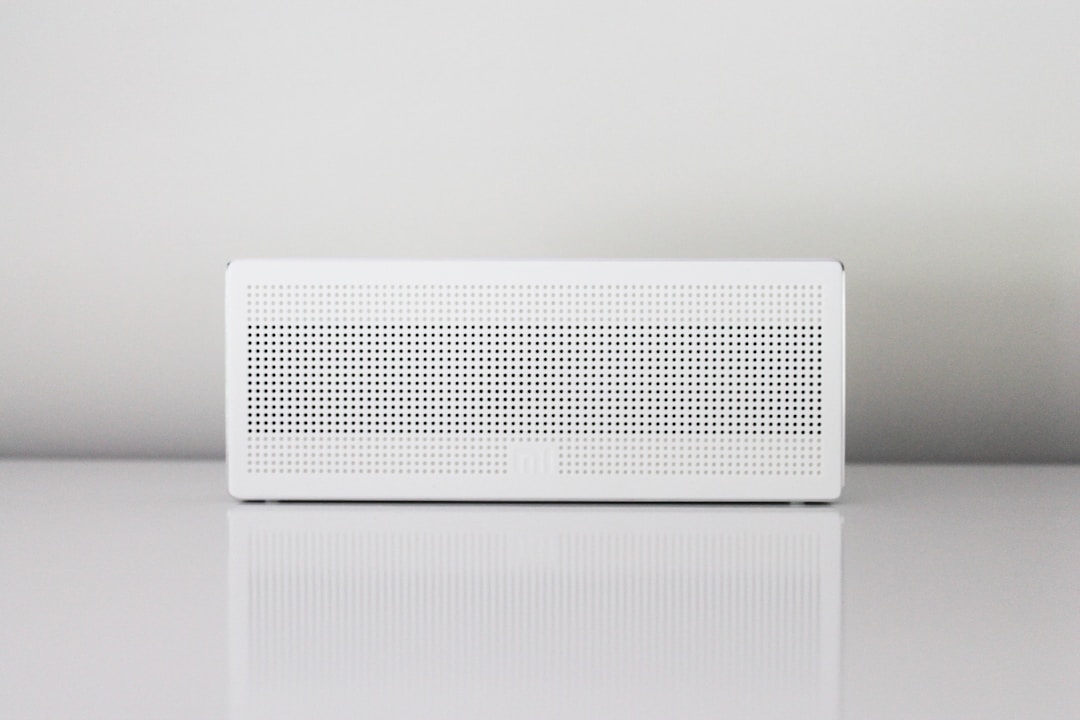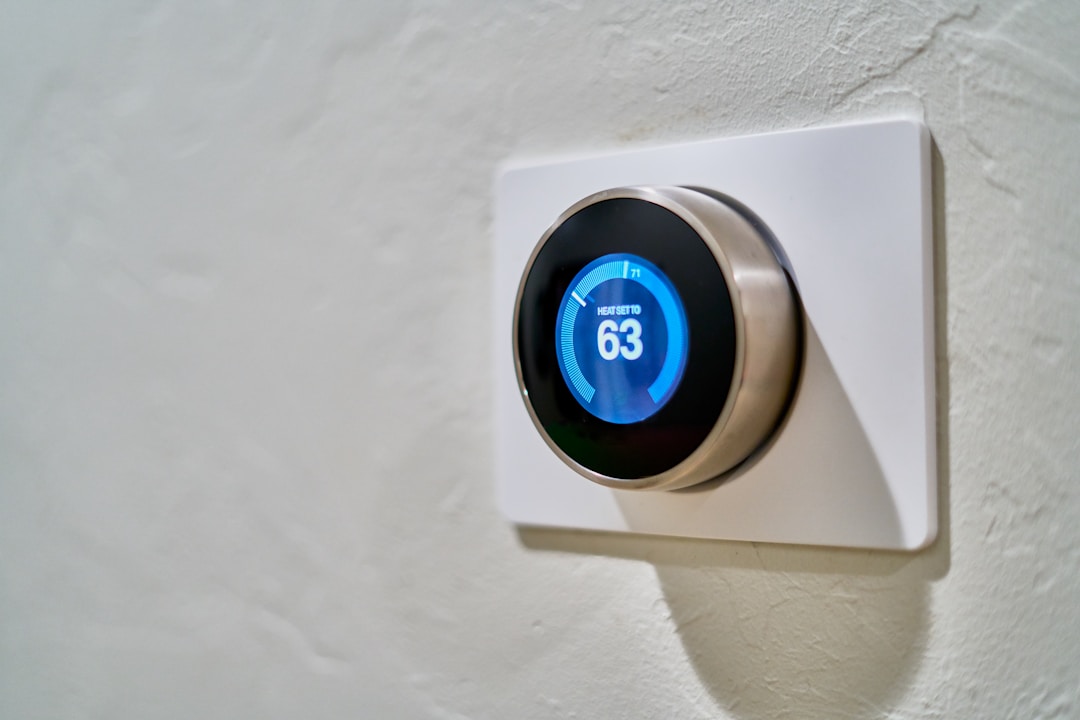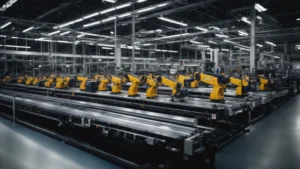Today’s homeowners have many options when it comes to their home’s air system. Technology in HVAC units and heaters has brought energy efficiency to the forefront of most concerns, with the benefit of a lower monthly utility bill. However, when it comes to health and safety, there is much to be said of a familiar style, such as heating your home with a traditional home heating unit. If you’re in the market for a new heating system, here are a few tips on deciding which furnace may suit your and your family best.
Heating System Styles and Functions

Although there are numerous styles of home heating units, the most common (and an industry standard for decades) is a traditional furnace. While you’re conducting your research, you may come to the conclusion that it might be cheaper to use a conventional furnace, as well as convenient when it comes to purchasing needed repair parts.
Simply put, this unit uses less energy to heat your household using various forms of fuel, then disperse the hot air within the home through ductwork and vents. Interchangeably known as a “forced warm-air” or “ducted warm-air” distribution system, the system primarily runs off of electricity, natural gas, or oil. Although each fuel source has its own benefits, natural gas tends to be the least expensive, while oil must be purchased separately and an electric-power heater can affect your monthly energy bills.
If you opt for a new model or an overhaul of your current gas furnace model, there are three primary forms to choose from, each with their own pros and cons: a single-stage gas model (which features a gas valve that opens and closes), a two-stage model (with the adjustable gas flow for a higher rate of energy efficiency, as well as a direct link to your home’s thermostat), and a more-complex “modulating” gas model, which offers the highest burner range and is, typically, recommended for homeowner’s comfort in colder climates). Additionally, electric furnaces, which use electric coils to distribute hot air throughout the home, and oil furnaces are two other options as well. In the end, a gas furnace can be very efficient, and your preference comes down to installation cost and energy savings.
New Tech and Energy Efficiency

Every homeowner wants the best deal on their utility bill and, especially in the case of a new home, choosing the best appliances and air systems can make a good deal of difference every month. If that’s a priority to you and your family, then investing in a new furnace and HVAC system may make the most sense. Over the past few years, heating system technology has come a long way and wasted energy and electricity are things you don’t need to pay full price for, given the right air system. With that in mind, it may be a good idea to look at the latest industry-standard of furnace alternatives: the heat pump. As a rule of thumb, every homeowner should keep in mind that with a heat pump, while the installation price may be on the higher end, the unit itself replaces both the air conditioner and heating system, and can equal a significantly better price on monthly energy consumption.
Although it is a relatively newer technology, a heat pump system is a single unit that acts as your home’s complete air system year-round. By using the outside air as its main source, the heat pump can provide your home’s interior with both cold airs during the summer and warm air during the winter. This convenient ability stems from the heat pump’s unique design, which actually takes the outside air and adjusts the temperature according to your preset preferences, then transposes it indoors. Two main forms of heat pumps are available: air-source heat pumps, and ground-source, or “geothermal heating” versions.
While homeowners will note that the initial cost of a heat pump may seem high, the monthly savings and energy efficiency make it a worthwhile investment. However, if it proves to be a better deal to replace your conventional furnace with an updated model, there are many new versions that can also save you a lot of money on utility bills, and keep your family in health and comfort all year.





